 If you were looking for thunder in the lineup in early 1970s SIAC baseball, you could zero in on Albany State. There, Greg Wells terrorized pitchers for four years and earned his nickname “Boomer.”
If you were looking for thunder in the lineup in early 1970s SIAC baseball, you could zero in on Albany State. There, Greg Wells terrorized pitchers for four years and earned his nickname “Boomer.”
He was a force on the diamond after growing up playing baseball out in the Alabama countryside. He says he was so country that cow pastures were used for ballfields and he never wore a protective cup before one of his minor league managers introduced him to it in 1977. I said, “Skip, where I come from, they teach you to catch the ball. They don’t teach you to get his with it.”
He also learned the importance of keeping his nose in the books what with his father, William Wells, being a school principal and ex-Marine sergeant and his mother, Julia Wells, being a schoolteacher. “It was basically against the law to bring a C home.”
All the ball playing and academic work paid off, paving a way for Mr. Wells to have a choice among HBCUs that wanted him on campus. He opted for Albany State as a three-sport star and quickly made a name for himself. On the diamond, he mainly played first base, and a little bit of third. What never changed was his hitting. In his junior season in ’74, he hit .420 and belted 7 home runs with 32 RBI in 29 games. His senior season showed a .343 average, 5 home runs, 26 RBI and 13 stolen bases in 27 games.
 But no baseball team drafted him. Instead, the New York Jets made him the 405th overall pick in the 1975 NFL Draft based on his prowess as an offensive lineman who had grown five inches in college to become 6-5 and 220 pounds. Baseball was in his blood and the game came naturally to him. He decided to forge a career in pro baseball. He ended up playing seven seasons of minor league ball and logged 47 games at the major league level. But his true claim to fame came in Japan’s Pacific League where he played 10 seasons.
But no baseball team drafted him. Instead, the New York Jets made him the 405th overall pick in the 1975 NFL Draft based on his prowess as an offensive lineman who had grown five inches in college to become 6-5 and 220 pounds. Baseball was in his blood and the game came naturally to him. He decided to forge a career in pro baseball. He ended up playing seven seasons of minor league ball and logged 47 games at the major league level. But his true claim to fame came in Japan’s Pacific League where he played 10 seasons.

Wells’ career in Japan memorialized with a collectible miniature figurine.
In 1984, he won the MVP award and became the first foreigner to win Japan’s Triple Crown, logging a .355 batting average, 37 home runs and 130 runs batted in. He’s also well-known for a legendary 531-foot home run considered the longest in Japanese baseball history.
Mr. Wells visited with Black College Nines writer Douglas Malan in late May to tell all kinds of stories.
What was childhood like for you?
My childhood was fun. I grew up in a small town in Alabama, a little bit outside of Mobile, called McIntosh. You’re in the country. We had cows that were escape artists. It was nothing in high school to be sitting up in class and the principal come to the classroom and say, “I need Greg because his cows are out on the highway or up the street eating some man’s underwear off his line.” Everybody would just crack up. I’d go home, get my cows in, sit down and watch them and they’d walk back to the same place where they got out. Then I’d go out and cut down a little tree, dig the hole, stretch the wire where they got out, and then shower and back to school.
That might happen two times a month.
And I’m guessing you played plenty of sports out there, right?
Growing up we played a lot of sports. There were two leagues – Little League and the men’s league. I’m 10 or 12 and playing against somebody 18 or 19. If they weren’t too big, they’d be playing Little League. We didn’t have all these different leagues. You played from whenever you could swing a bat, catch and throw until you couldn’t play. I’d play a game during the day for Little League and then my dad coached a team in the men’s league at night. I’d throw my bat and glove in the trunk of the car with him in case somebody didn’t show up. And a lot of times I’d end up playing right field or second base. And you know those men didn’t want no young kid hitting them. They’d be coming at me, and I’d be still hitting them.
We didn’t play on fields that had a fence. We played in this guy’s pasture one time. We put his cows on one side of the pasture and locked the gate, dropped some bases and home plate and went at it right there in the field. We didn’t have manicured fields. We’d play on a field after a guy harvested his corn and there’d be rolls in the ground. Those old balls get too dark, just dip it in some lime.
When I was in high school, I didn’t like football. I did everything but play football. My junior year, I’m in the running for valedictorian and one grading period, the football coach gave me a D in PE. I brought my card home expecting to hear the fallout. My dad just said oh, ok and walked away. I’m like, “Huh?” But my Dad wanted me to play football. I took the card to my Mom, and my Mom went ballistic.
I figured if he’s gonna mess with my grades, I’ll go ahead and play football. I still didn’t like it. I’d try to get kicked off the team, but he never would. He knew I’d go out there and compete. If I got tired at practice, I’d just walk off the field and go over there and get on one knee. An assistant coach would be going crazy and the head coach would say, “Leave him alone.”
Friday night, I’d be starting offensive tackle and nose guard. I played football, baseball, basketball and saxophone in the band. We did whatever it took to keep from coming home because my Dad said, “If you come home after school, I’m gonna put you to work.”
How’d you end up at Albany State?
Grambling wanted me. Alabama A&M wanted me to come there and play basketball.
Albany State told me I could play all three sports, if I wanted to. I went to visit the school. They had a senior football player showing me around. We were walking around and I was looking at all these pretty girls. And he looked at me and said, “Yeah, there are 17 girls for every one guy.” I came home and my parents asked me what I thought. I said, “That’s where I want to go to school.” And it was far enough away from my hometown, a five and a half or six-hour drive, that they couldn’t just drop in on me.
You get on campus and the first sport you play is football, a sport you don’t even really like. How’d all that go?
 I played for Hamp(ton) Smith at Albany starting his first year (1971). He was insane. He was killing us. I said, “This is crazy. I don’t even like football. And I’m going through all this?” So one morning before practice, I called home and my Dad answered. He asked me what was going on and I said, “Well, I was, uh, I was thinking about coming home.” My Dad held the phone for a minute. And he goes, “Why? Your Mom’s doing ok. I’m doing ok. Your brother and your sister are doing ok. We got pictures. We know what you look like.” And I go, “Ok, I gotta go to practice. I was just calling to see how y’all were doing.” And I hung up the phone and went to practice. (laughing) That phone call took care of that.
I played for Hamp(ton) Smith at Albany starting his first year (1971). He was insane. He was killing us. I said, “This is crazy. I don’t even like football. And I’m going through all this?” So one morning before practice, I called home and my Dad answered. He asked me what was going on and I said, “Well, I was, uh, I was thinking about coming home.” My Dad held the phone for a minute. And he goes, “Why? Your Mom’s doing ok. I’m doing ok. Your brother and your sister are doing ok. We got pictures. We know what you look like.” And I go, “Ok, I gotta go to practice. I was just calling to see how y’all were doing.” And I hung up the phone and went to practice. (laughing) That phone call took care of that.
What changed for you? You ended up being a heckuva football player.
I started liking football because all the football players were so crazy and I started having fun. I got much better at the game and enjoying it. I’m a freshman out on the football field, second string offense, practicing against the first-string defense. I’m getting beat every day by some big dude. They were huge. I was only about 6-feet and weighed about 180. I went to a small school, so I was big for my school. But I was tiny compared to them in college. My baseball coach, Joe Brown, was also my offensive line coach and I kept telling him I was a better baseball player.
Football season is over with, I walk out on the basketball court back when we had Caldwell Jones and all those guys. I look up and the shortest guy on the court was a 6-2 guard. I played power forward in high school, and these guys are 7-1, 6-9, 6-11. I can’t handle the ball good enough to play guard. So I took a rest during basketball season.
And how about springtime when baseball rolled around?
 I made the team, but I wasn’t starting. Our first game was against Tuskegee, and my parents came up to see me. I introduced my parents to my coach before the game, and I wasn’t supposed to start. My good friend Marvin President was supposed to start at first base. But Coach met my parents and went back and told President, “Prez, I’m gonna let Greg start today because his parents came all the way up here to see him play. But I’m gonna get you in the game, ok?” And he says, “Alright, Coach.” Well, that game I went 4-for-5 with two home runs. After the game, Coach came up to me and I said, “Coach, I told you. I didn’t play football but my senior year in high school. But this game? I’m good at this game.” He just started laughing and said, “Well, I see.”
I made the team, but I wasn’t starting. Our first game was against Tuskegee, and my parents came up to see me. I introduced my parents to my coach before the game, and I wasn’t supposed to start. My good friend Marvin President was supposed to start at first base. But Coach met my parents and went back and told President, “Prez, I’m gonna let Greg start today because his parents came all the way up here to see him play. But I’m gonna get you in the game, ok?” And he says, “Alright, Coach.” Well, that game I went 4-for-5 with two home runs. After the game, Coach came up to me and I said, “Coach, I told you. I didn’t play football but my senior year in high school. But this game? I’m good at this game.” He just started laughing and said, “Well, I see.”
President didn’t get a chance to play no more! I started for four years. Every game. Well, almost every game. There was one game Coach Brown was mad at me and my roommate, Sherman Woodard, and we didn’t get a chance to play. Buck O’Neil was scouting for the Cubs and he had come down to watch us play and we’re sitting on the bench. He came in the dugout and sat on the bench with us and go, “Why don’t y’all get out there and play? Tell Coach to put y’all in.” And we looked at him and go, “YOU tell him to put us in.”
He came to watch us play a lot. Sometimes one of the umpires wouldn’t show up and Buck O’Neil would put on the gear and umpire behind the plate. We’d walk up to the plate and he’d say, “Look, I want to see y’all hit so don’t look for no walks.” We’d be up there swinging.
Things really started coming together for you on the football field, too.
I grew five inches in college and got up to 6-5. The most I weighed was 220. Most of the time I stayed around 210-215. My football coach, Coach Smith, always threatened that he was gonna cut me. “Don’t you get too skinny. You gotta eat!”
The weird thing is I didn’t lift a whole bunch of weights because the misconception was you lift weights and get too tight for baseball.
I played offensive tackle. I was taller than everybody else in the conference. And I considered myself smarter and quicker. I had these larger defensive linemen and I’d just technique them, be quicker than them, read their stance. To me, it was like a chess game. I used to like to talk trash. I’d be talking to the guy in front of me and then I’d read his hands. If I got him mad enough where his hand was trembling, I knew he’d try to bull rush me and I’d side-step him and hook him.
In baseball, I still liked to talk trash. But we just sorta laughed and talked out there. I had to stop my brother. My brother – Demetris – was a pitcher (for Albany State). He’d be walking and talking. He’d throw a pitch and then walk around the mound talking to the hitter. “Here it comes, right back at you. I’m gonna throw you a fastball. You can’t hit it!” I gave him the nickname Fat Rat and the coach kept telling him, “Rat, you gotta stop! All that walking and talking, you’re gonna run out of gas.” He’d say, “I got it, Coach, I got it.” By the seventh inning, he wasn’t saying much of nothing. (laughing) I’d tell him, “You’d better trick him because your fastball’s done lost a foot.”
What are some of the baseball games that stand out to you?
You wanna know when the crowd showed up? When FAMU came to play and there was Andre Dawson and myself. They came to see who was gonna hit one the farthest that day. The Hawk would hit one, I’d hit one. The Hawk would hit one, I’d hit one. It was a battle. It was a show. That man could really play. I enjoyed watching him hit, even while I was playing defense.
We used to travel everywhere and play different teams.
We played teams like Georgia College. You know, they thought they were good. We’d go down there and play two games and I’d hit about four home runs, something like that.
One game that got me a professional workout after college, we played Clark Atlanta University in Atlanta. And this scout, Mr. Holmes, had seen me play at Mercer and I hit a couple balls a mile so he started following whenever we were in the Atlanta area. I guess he was a birddog for the Braves. We’re playing Clark Atlanta. I got to know him pretty good. He called me Hoss. We’re beating up on Clark Atlanta so he came over there behind the bench and go, “Hey Hoss, you can hit. But see that guy warming up down there in the bullpen? They’re gonna bring him in and he can throw. See if you can hit him.” And I said, “If he throws it across the plate, I’ll hit it.” And he just started laughing. “We gonna see!”
And it was [Larry] Bradford who played with the Braves. He threw hard. But when he came in to pitch, I hit some stuff up on him. That field was down below the street and I hit some up on the street out there. After the game, Mr. Holmes was like, “You can hit, Hoss.”
And every time we played in Atlanta, if we played Clark or Morehouse or whoever we played, he would always be at the game. And he’d come up to me talking. “What you gonna do today, Hoss? You gonna hit one?” And I’d say, “I’m gonna hit everything.”
I know Bradford was one of the guys that played professionally that I played against. Of course, Andre. My homeboy Roy Jackson played at Tuskegee. I faced Roy again in the minors, Triple A when he was with the Mets and I was with Toronto.
Guys named Sam Bowen and Jerome Register from Valdosta State. I ended up playing against Sam Bowen when he was with the Red Sox in Triple A.
I gotta ask you about the 531-foot HR in Japan. Was that real?
 That’s the longest home run that was ever hit in Japan. It would’ve gone farther than that, but it knocked on somebody’s door across the expressway. Now, that guy hung me a curve. He had two strikes on me – and he probably threw 97 miles per hour – and he tried to trick me. With two strikes, I just spread out a little bit, choke up and just be quick. And he hung that curve and I let loose on it. Yeah, it went that far. It was on its way up when it left the stadium.
That’s the longest home run that was ever hit in Japan. It would’ve gone farther than that, but it knocked on somebody’s door across the expressway. Now, that guy hung me a curve. He had two strikes on me – and he probably threw 97 miles per hour – and he tried to trick me. With two strikes, I just spread out a little bit, choke up and just be quick. And he hung that curve and I let loose on it. Yeah, it went that far. It was on its way up when it left the stadium.
Did you get the ball back?
 No, I didn’t. It was funny. After that, they came up with this promotion that I laugh about to this day. Every time I hit a ball completely out of the stadium, somebody would win this big, long, like a 7-foot loaf of bread. They called it The Boomer Bread. They were gonna call a name or draw a ticket stub or whatever and somebody was gonna win this Boomer Bread. I tell you that that bread’s probably stale. (laughing) Nobody ever won. When they came up with this idea, I looked at my translator and go, “You know, that’s crazy. It ain’t like every day you’re gonna hit the ball out of the stadium.” He laughed and said, “Just go with it.
No, I didn’t. It was funny. After that, they came up with this promotion that I laugh about to this day. Every time I hit a ball completely out of the stadium, somebody would win this big, long, like a 7-foot loaf of bread. They called it The Boomer Bread. They were gonna call a name or draw a ticket stub or whatever and somebody was gonna win this Boomer Bread. I tell you that that bread’s probably stale. (laughing) Nobody ever won. When they came up with this idea, I looked at my translator and go, “You know, that’s crazy. It ain’t like every day you’re gonna hit the ball out of the stadium.” He laughed and said, “Just go with it.
(Ed. Note: A Hanshin Tigers fan site dug deeply into details of Mr. Wells’ time playing baseball in Japan, and their interview is worth your time.)
Those Albany State days were special, weren’t they?
 I tell kids all the time, college is fun. High school ain’t fun. College is fun. I had fun. I mean, I made lifelong friends.
I tell kids all the time, college is fun. High school ain’t fun. College is fun. I had fun. I mean, I made lifelong friends.
Baseball was definitely fun. Football? I had to learn football, had to learn the ins and outs. When I watched football on TV, I’d watch the guy at my position to try to pick up some stuff. But baseball? I didn’t have to watch anybody in baseball. We had fun.
Douglas Malan is a journalist and visual artist living in Connecticut. His works include short stories, poetry and books. Among the books Malan has authored includes the children’s book, Let’s Go To The Ballpark!


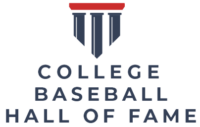
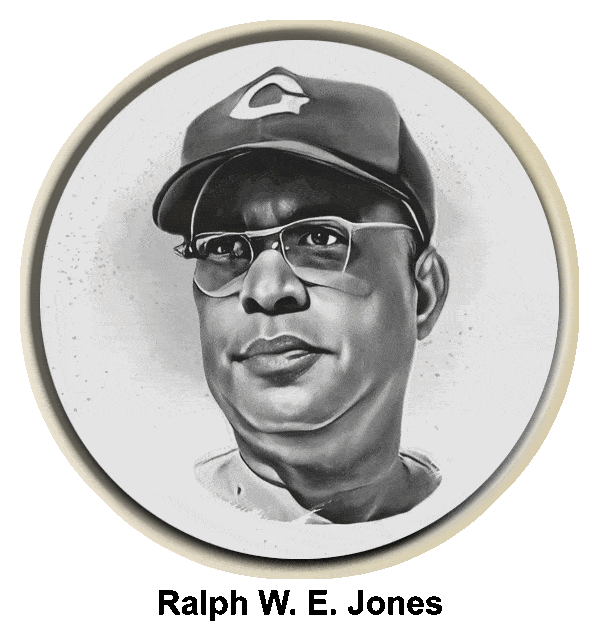












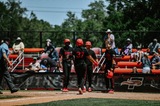








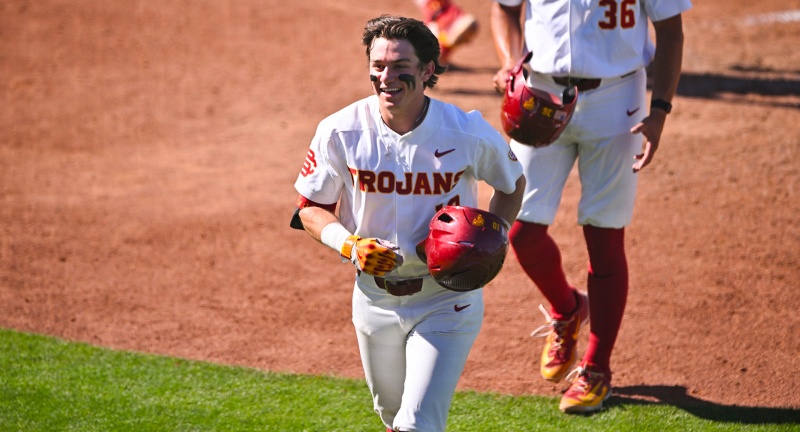

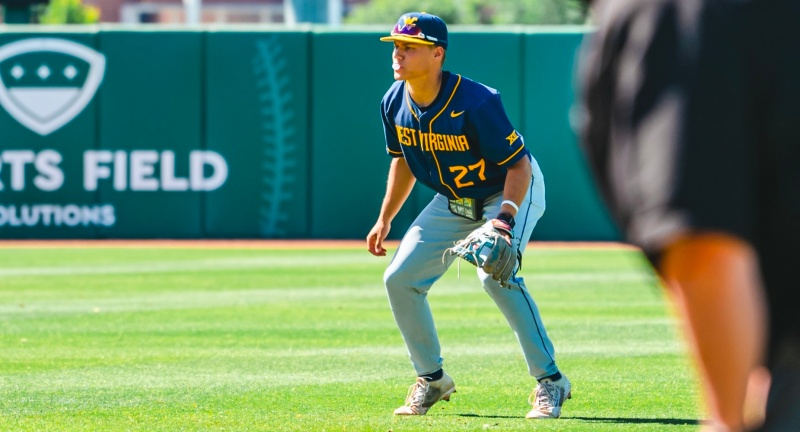







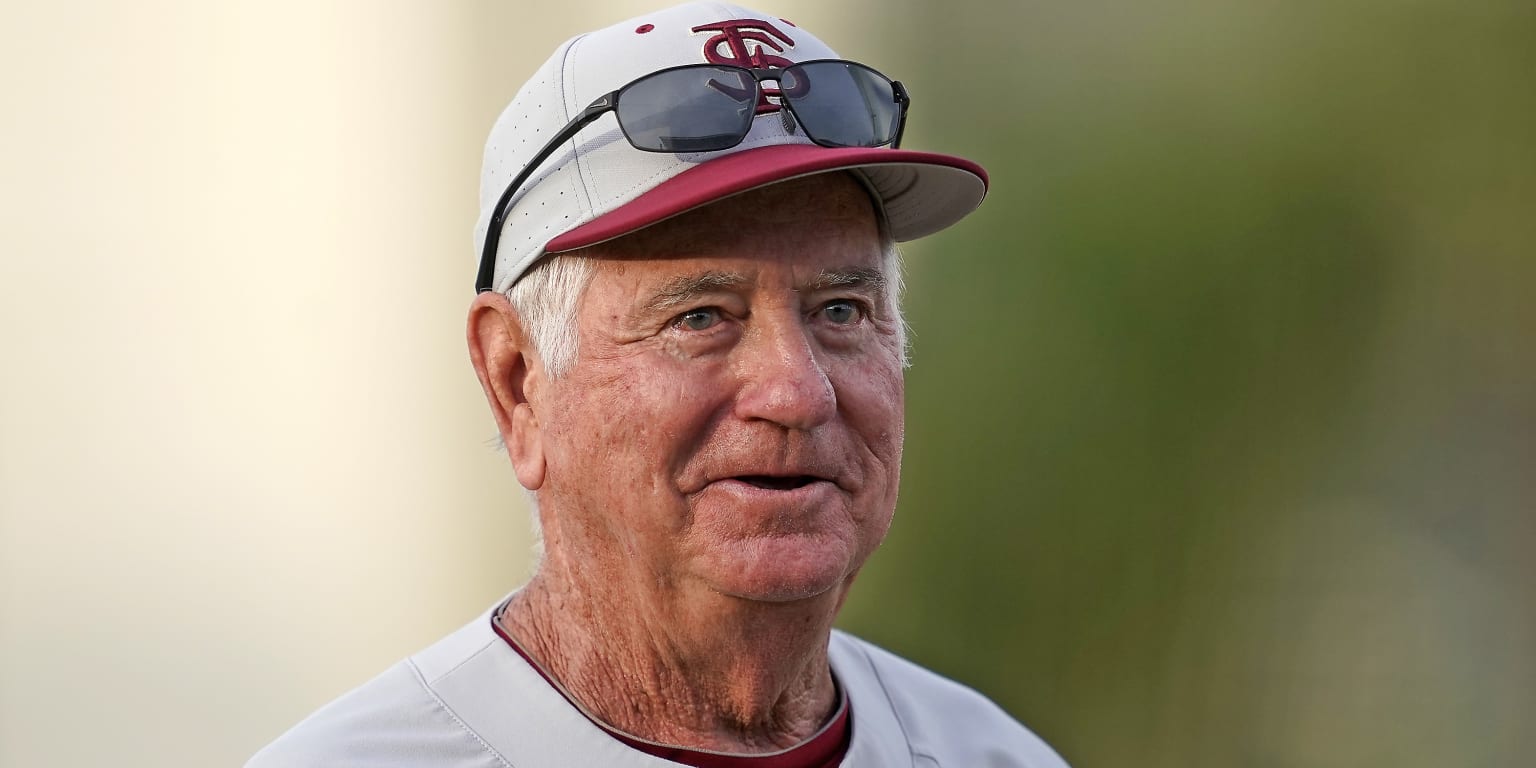
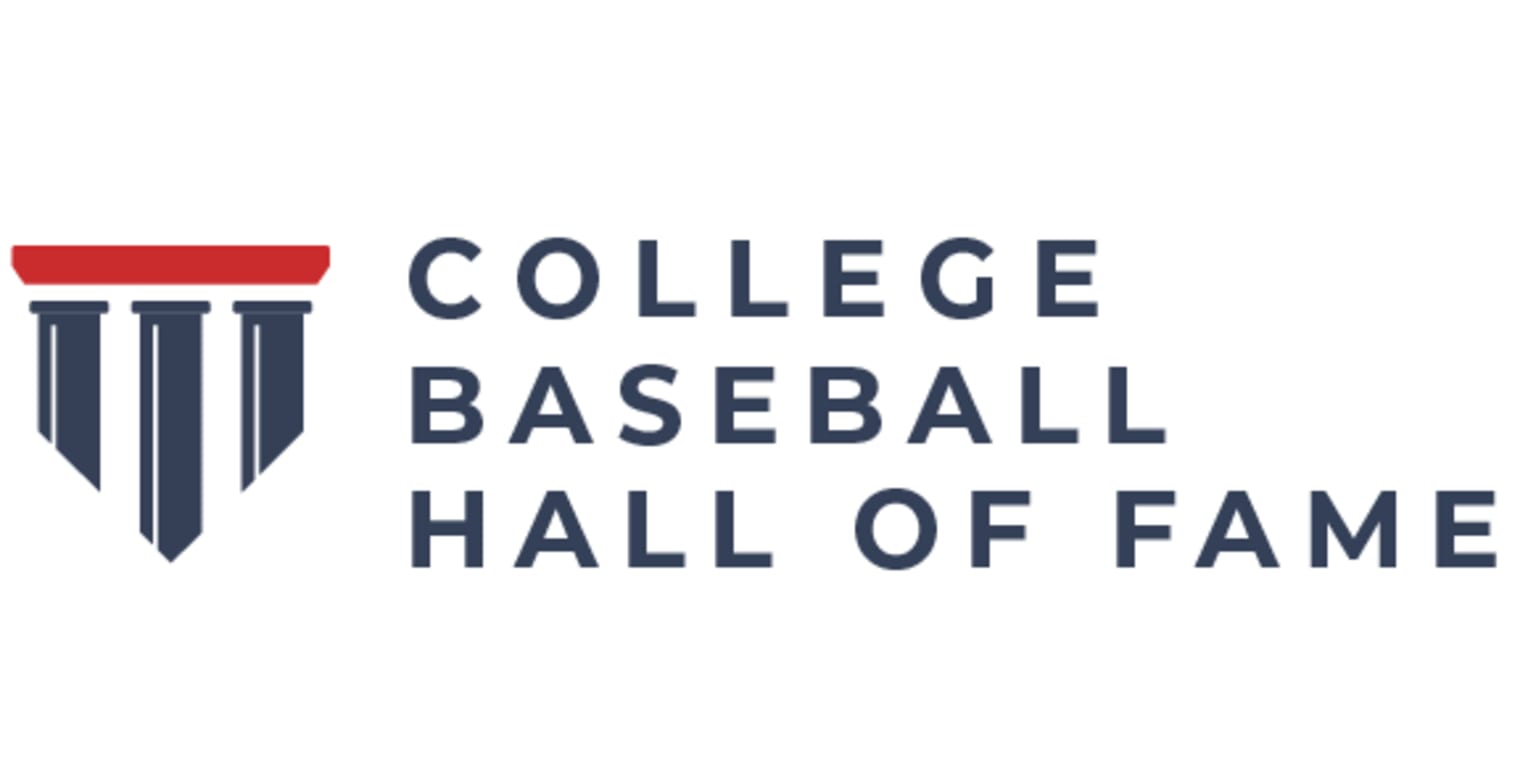
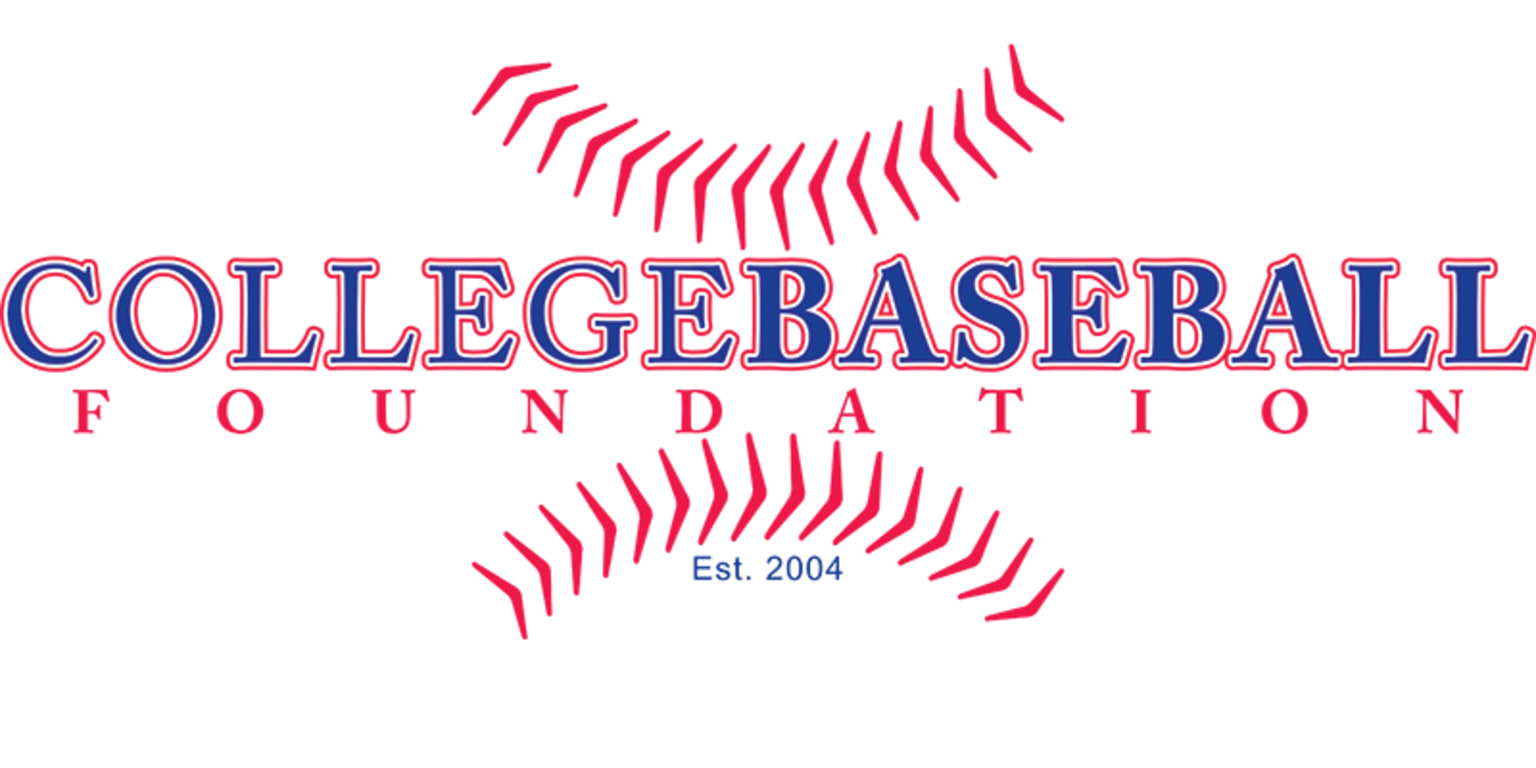
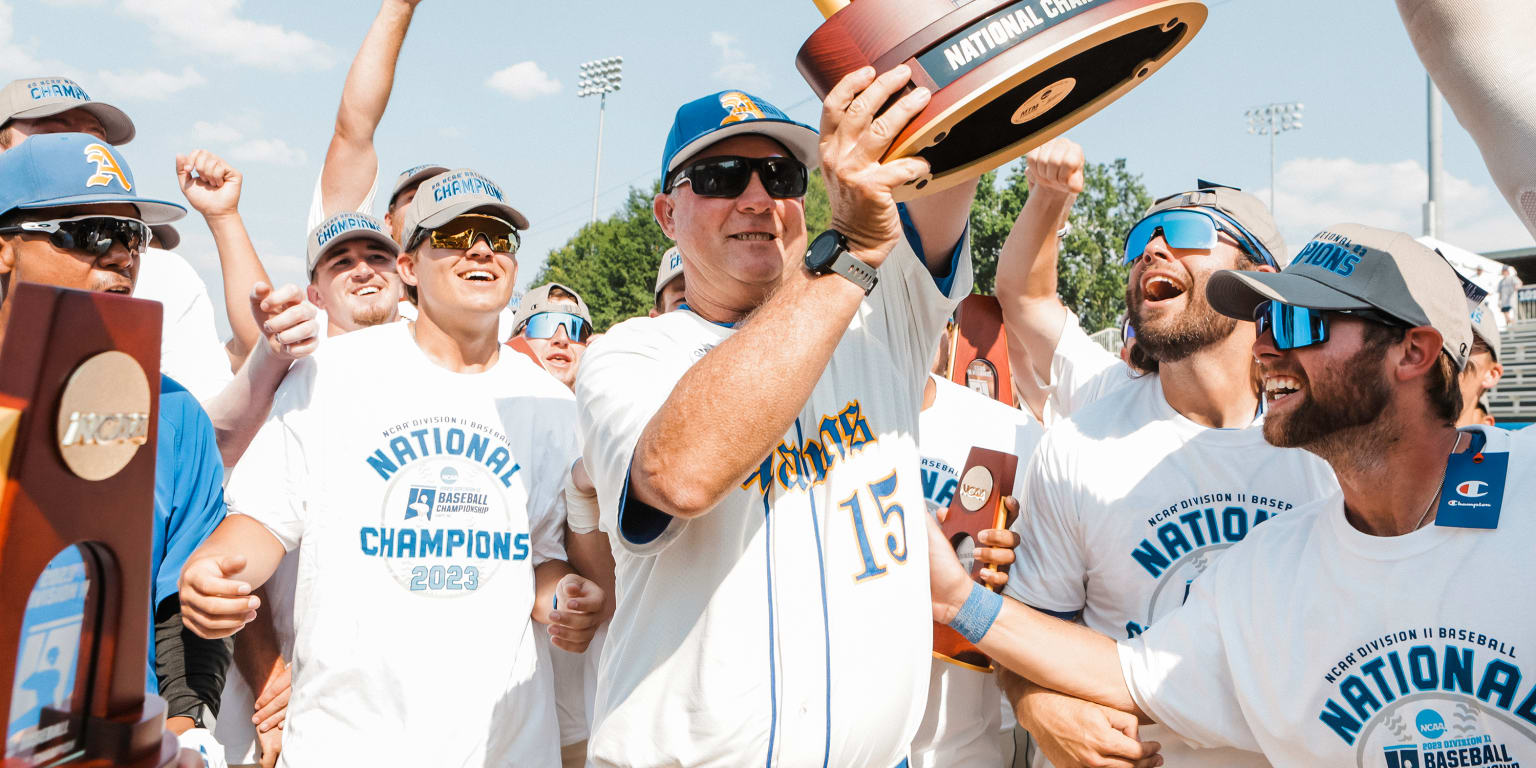








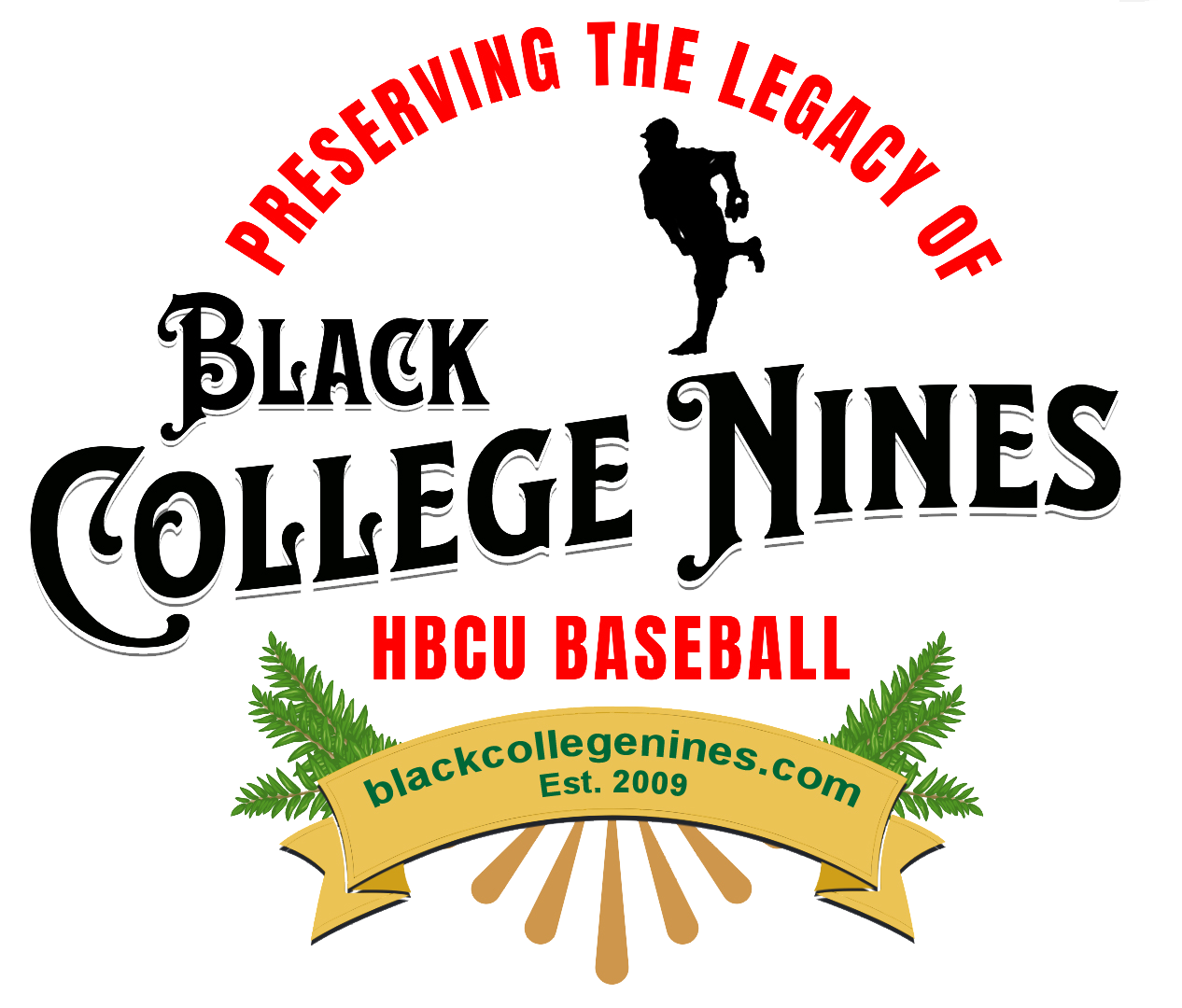
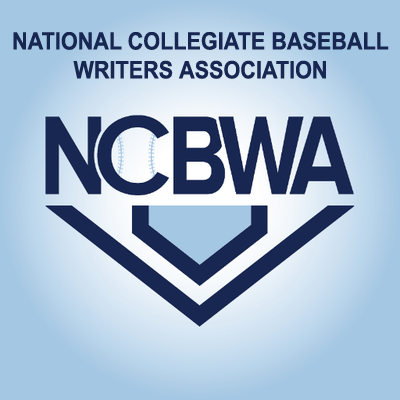
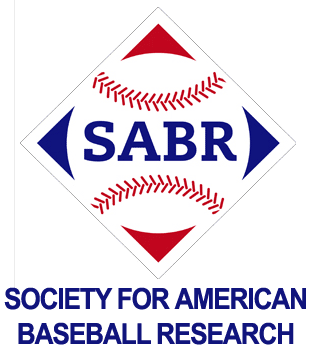
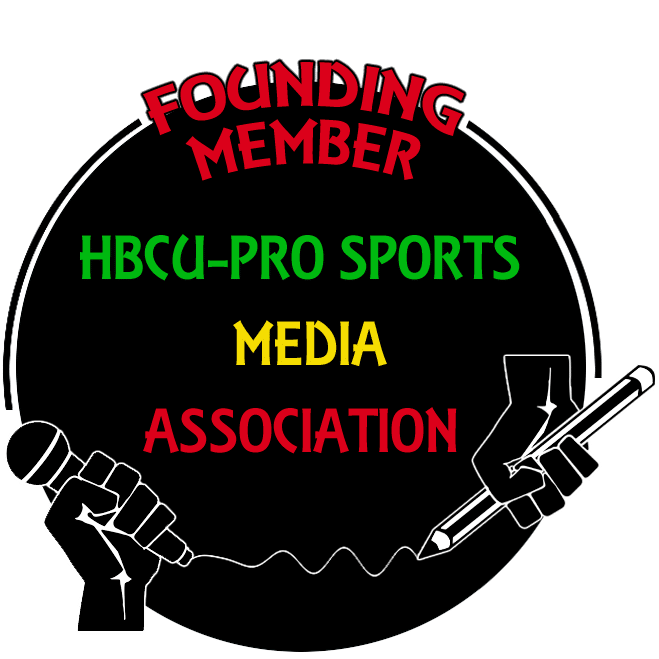

My teammate at Albany State College on the baseball team during Coach Joe Brown times.
Sherman Woodard was my teammate as well. Love the experience playing with Greg and other guys on the team. I was trying to be a pitcher and outfielder.
Good memories, David E Woodall
My teammate at Albany State College on the baseball team during Coach Joe Brown times.
Sherman Woodard was my teammate as well. Love the experience playing with Greg and other guys on the team. I was trying to be a pitcher and outfielder.
Good memories, David E Woodall
Thanks for the plug on my interview. Glad you enjoyed it! I enjoyed yours!